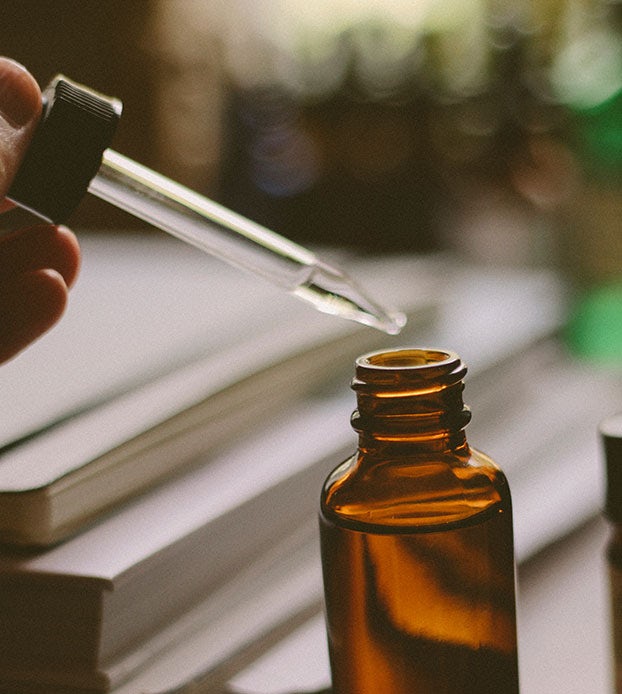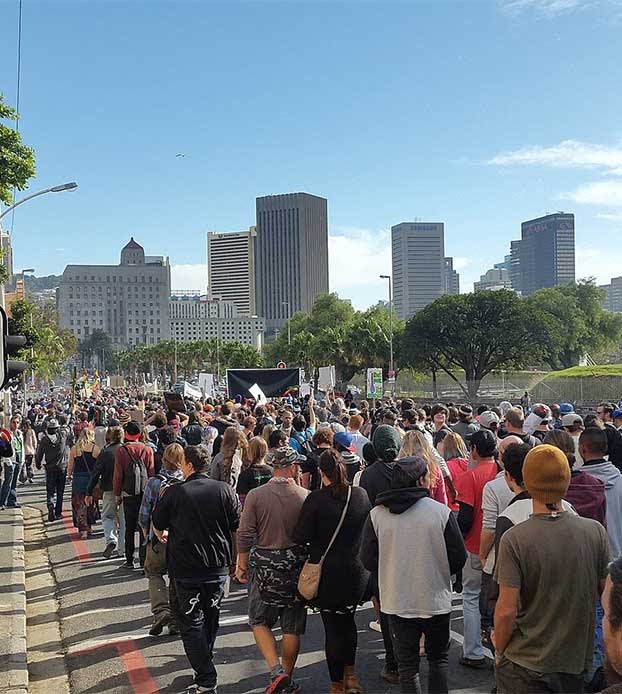Major League Baseball will remove marijuana from its list of “drugs of abuse” and stop testing players for THC, the league announced in December. Instead, the league will treat cannabis use the same way it treats alcohol — referring players for treatment when necessary but not punishing them.
“It was a part of a larger conversation that was reflective of the attitudes changing in many parts of the country,” head of the players’ union, Tony Clark, told ESPN.
Recreational cannabis is legal in over one-third of cities where MLB games are played, and medical marijuana is legal in at least half of the Major League Baseball cities in North America.
Cannabis is being increasingly used to treat inflammation and pain, both common among professional athletes. But it is also commonly used to treat anxiety and various other conditions.
A 2018 review published in the Clinical Journal of Sport Medicine called for more research into “the use of cannabinoids to reduce opioid pain medication and the possible role of cannabinoids to prevent or manage symptoms of traumatic brain injury.”
The change, which also reclassified the way the league treats prescription pain killers and opioid abuse, was the result of negotiations between the league and players’ union. Earlier in the year, a pitcher for the Los Angeles Angels died after mixing alcohol and two powerful painkillers — fentanyl and oxycodone.
Along with testing for opioids, fentanyl, and cocaine, MLB will also test players for synthetic cannabinoids. For those drugs, a positive test result will lead to a drug treatment panel that includes a representative of the players’ union.
If a player is found to have used or possessed marijuana, under the new rules which treats the plant the same way they treat alcohol, they will be referred for “mandatory evaluation, voluntary treatment and the possibility of discipline by a Player’s Club or the Commissioner’s Office in response to certain conduct involving Natural Cannabinoids,” a league statement said.
Perhaps the biggest change will be felt by minor league baseball players, who until now were subject to suspension for marijuana use. Under the new rules, they will fall under the same regulations and punishments as major league players.
The National Hockey League is the only other league in professional American sports that doesn’t prohibit — or punish — cannabis use by its players.
The NFL and NBA both refer players to substance abuse programs the first time they are caught with THC in their system, with fines and suspensions levied upon subsequent offenses.
Change, however, is expected in those professional sports leagues as well.
Speaking about possible changes to come, NBA Commissioner Adam Silver said in an interview last year: “I recognize that that medication may be worse for the player than smoking marijuana—even if marijuana isn’t great for you. And I also recognize that if they don’t want anti-anxiety medication and they can’t smoke marijuana, they may drink more—which is perfectly legal. … And that might be much worse for them.”
The NFL, although seen as glacial in such changes, decided to study cannabis as part of a program looking into alternative pain therapies.
Sign up for bi-weekly updates, packed full of cannabis education, recipes, and tips. Your inbox will love it.

 Shop
Shop Support
Support
















